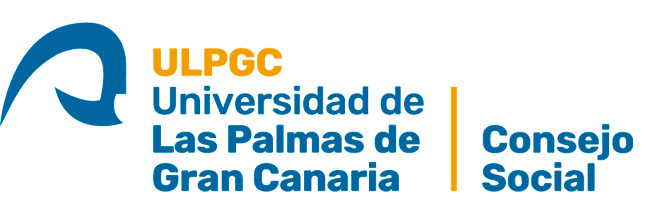Last week representatives of the Executive Committee of the Conference of Social Councils of Spanish Universities (CCS) held its first official meeting with the new Minister of Universities, Manuel Castells. The meeting, held via video conference, was attended by Antonio Abril, Concha Yoldi, Julio Lage, Javier Cepedano and Miguel Ángel Acosta. The Ministry was also represented by the Secretary General of Universities, José Manuel Pingarrón.
Antonio Abril presented the Conference’s priorities to the minister and notified him that a dossier of the key documents and reports recently drawn up has been sent out. As society’s representatives in universities, he also defended the legitimacy of the Social Councils as “active institutional stakeholders” and offered the support and contribution of the Conference in order to make progress concerning the reforms which the Spanish Higher Education system needs.
Manuel Castells guaranteed that he relies on the CCS and the Social Councils as active stakeholders in the university. Regarding university governance, the minister expressed his strong understanding of US university models, with administrative bodies (boards) which have a social representation, stating that he feels ‘comfortable’ with them. He did, however, assert that the current legal framework was an obstacle for the implementation of these models in Spain. He added that the Ministry’s priority is to consult with all university stakeholders during this year, in order to “drive a wide reform which includes improvements to the current governance system, taking into account constitutional and political limitations”. The aim is to have the support of university stakeholders and society as a whole. For this purpose, the minister proposed holding monthly meetings with the CCS in order to deal with “strategic issues” concerning universities.
The participation of the Conference in the University Council [Consejo de Universidades] and in the General Council for University Policy [Conferencia General de Política Universitaria] was also discussed, as was the possibility of having a headquarters in Madrid which houses the CCS alongside other university stakeholders. In addition, they addressed the need to improve the university’s methods of communicating results to businesses, which is more urgent than ever due to the approaching economic crisis and the resulting difficulties in increasing university funding through public sector transfers. Along the same line, they acknowledged the urgent need for a new legal framework which promotes sponsorship.
Those participating in the meeting concluded by analysing proposals for changes to university regulations, in particular the drafts pertaining to the teaching and research staff statute [estatuto del PDI], the decree for the organisation of official university studies and the guidelines on the creation and delivery of undergraduate and masters degrees with blended learning and remote learning approaches.


